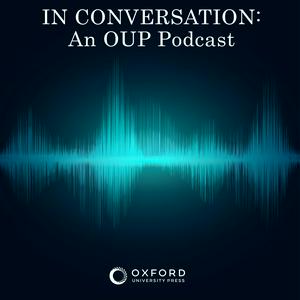Marc Jaffré, "The Courtiers and the Court of Louis XIII, 1610-1643" (Oxford UP, 2025)
Marc Jaffré joins Jana Byars for a lively conversation about The Courtiers and the Court of Louis XIII, 1610- 1643 (Oxford University Press, 2025). Louis XIII's court has long been a feature of the popular imaginary, thanks in part to the many movie and TV adaptations of Alexandre Dumas' novel The Three Musketeers. Yet it remains misunderstood, commonly mischaracterised as weak, unimportant, or wholly subservient to the whims of Louis XIII. Seeking to correct this narrative, Marc Jaffré here offers a comprehensive analysis of the court's institutional, political, social, cultural, ceremonial, and financial development, across its very wide range of active participants, from courtiers, financiers, merchants, to lower-ranking household members.
The close study engages with the key issues of Louis' reign: the delegitimizing role of Cardinal Richelieu minister-favourite; the turbulent family dynamics that led Louis to wage wars against his mother, his brother, and his cousins; the backdrop of war, both with the Huguenots and within the context of the Thirty Years War; and the transformative rise of salon culture. In so doing, the court is shown to be a central, vibrant, and misunderstood element of early modern and pre-Louis XIV French history and culture. Courtiers, artisans, merchants, and financiers, among others, are shown to have played key roles in shaping the institutional, political, cultural, economic, and military framework of the court, and Louis XIII's reign more generally. In challenging the top-down paradigm prevalent in court studies, this monograph provides crucial correctives to the existing narrative that Louis XIII's court was weak or unimportant and simultaneously revises how early modern courts and their development have been understood historiographically.
